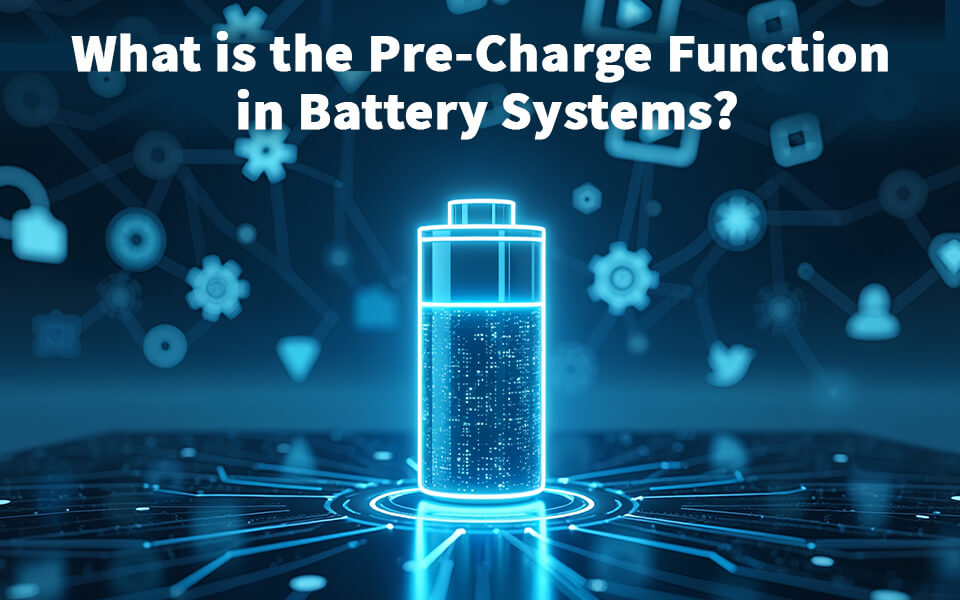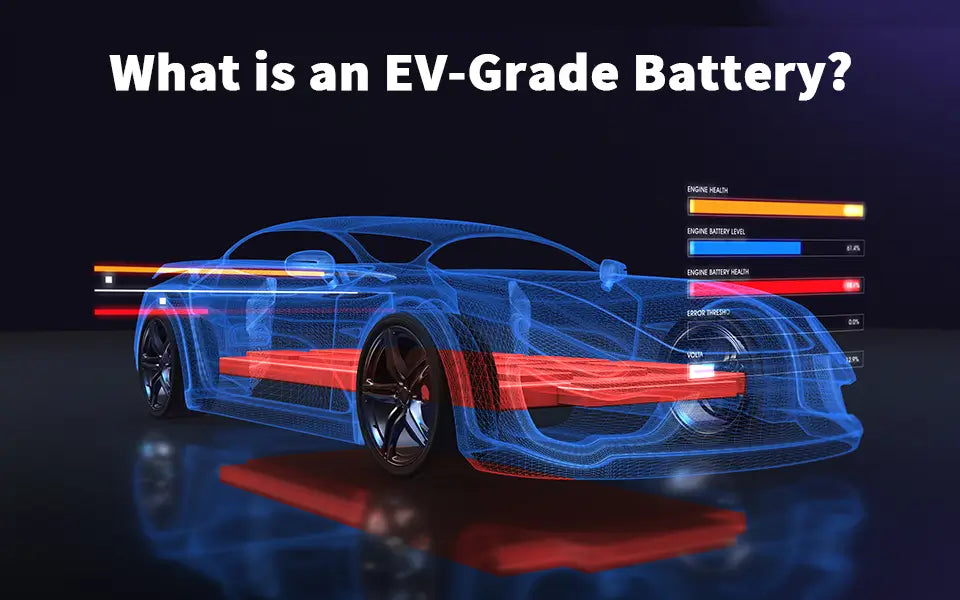What is CCS wiring and how can it benefit your battery?

As the automotive industry rapidly transitions towards electrification, smart technologies, and lightweight designs, the demand for efficient and reliable battery systems has never been higher. One of the key innovations in this space is CCS wiring, a technology that plays a pivotal role in optimizing the performance and safety of electric vehicle (EV) batteries. But what exactly is CCS wiring, and how does it enhance your battery system? Let's dive into the details.
Understanding CCS Wiring
CCS stands for CellsContactSystem, a sophisticated technology that integrates various components such as FPC (Flexible Printed Circuit), plastic structural parts, and copper or aluminum busbars into a single, unified system. This integration is achieved through precise laser welding, creating a compact and efficient solution that is essential for modern electric vehicle batteries.
In a typical EV battery pack, multiple battery modules are connected in series and parallel configurations to achieve the desired voltage and capacity. Each of these modules is equipped with its own CCS wiring system, which includes one or two FPCs. These FPCs replace the traditional copper wiring harness, offering a host of benefits in terms of performance, safety, and manufacturing efficiency.
The Benefits of CCS Wiring for Your Battery
High Integration and Space Efficiency
Traditional battery wiring systems rely on multiple separate components that can be bulky and complex to assemble. CCS wiring, on the other hand, integrates all necessary components into a single, streamlined unit. This high level of integration reduces the overall size and weight of the battery system, freeing up valuable space within the vehicle. This compact design is particularly beneficial in electric vehicles, where space optimization is crucial.
Ultra-Thin and Flexible Design
One of the standout features of CCS wiring is the use of FPC, which is ultra-thin, flexible, and lightweight. These characteristics make FPC ideal for use in confined spaces and complex battery layouts. The flexibility of FPC also allows for more creative and efficient battery designs, enabling engineers to maximize battery capacity without compromising on space or safety.
Enhanced Safety and Reliability
Safety is paramount in EV battery design, and CCS wiring significantly contributes to this aspect. Traditional wiring systems can be prone to issues such as loose connections and electrical interference, especially in high-vibration environments like vehicles. CCS wiring, with its integrated structure and precise laser welding, ensures robust and reliable connections. This reduces the risk of electrical faults and enhances the overall safety of the battery system.
Reduced Weight and Improved Vehicle Efficiency
In the automotive industry, every gram of weight saved translates to better vehicle performance and efficiency. CCS wiring, with its lightweight design, contributes to the overall reduction of vehicle weight. This not only improves the vehicle's energy efficiency and range but also contributes to better handling and performance, making the vehicle more agile and responsive on the road.
High Automation and Manufacturing Efficiency
The automotive industry is increasingly moving towards automation to meet the demands of mass production. CCS wiring systems are designed with automation in mind. The integrated components can be easily assembled using robotic arms, significantly speeding up the manufacturing process and ensuring consistent quality across all units. This high level of automation also reduces production costs, making EVs more affordable for consumers.
CCS Wiring in LFP Batteries: A Perfect Match
Lithium Iron Phosphate (LFP) batteries are known for their safety, long life cycle, and cost-effectiveness, making them a popular choice for electric vehicles. When combined with CCS wiring, the benefits are further amplified. The high safety standards of LFP batteries are complemented by the robust and reliable connections provided by CCS wiring. Additionally, the cost savings from the use of LFP batteries are enhanced by the manufacturing efficiencies offered by CCS wiring.
Conclusion:
CCS wiring represents a significant advancement in battery technology, offering numerous benefits that are crucial for the next generation of electric vehicles. From high integration and space efficiency to enhanced safety and reduced weight, CCS wiring is a key enabler of the electric mobility revolution. As the demand for electric vehicles continues to grow, innovations like CCS wiring will play an increasingly important role in shaping the future of transportation. Whether you're a manufacturer looking to improve your battery systems or a consumer interested in the latest EV technologies, CCS wiring is a development worth paying attention to.






Leave a comment